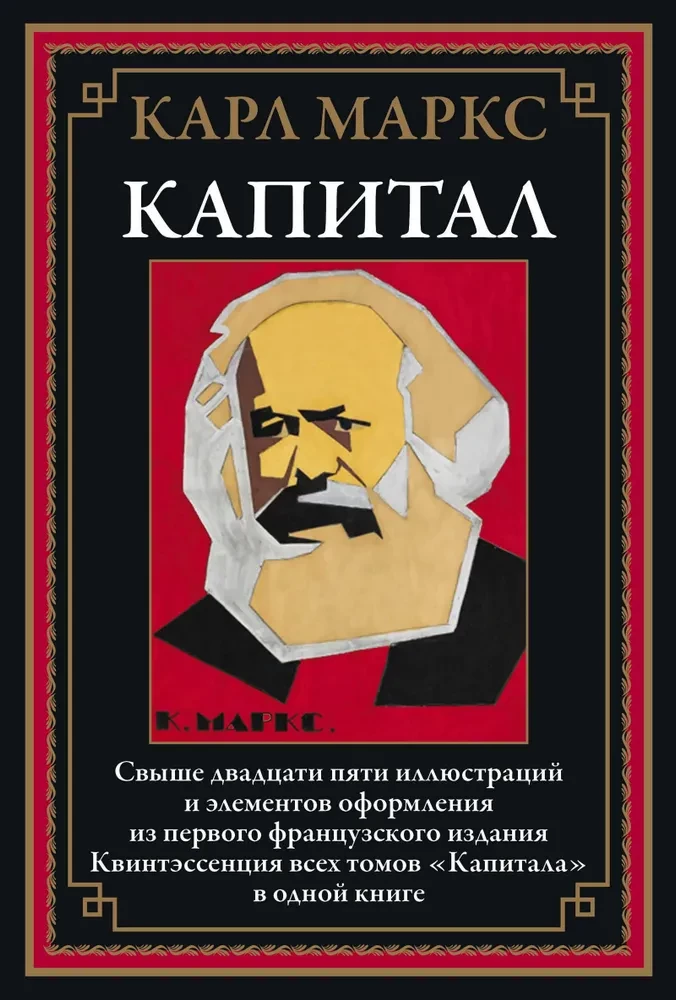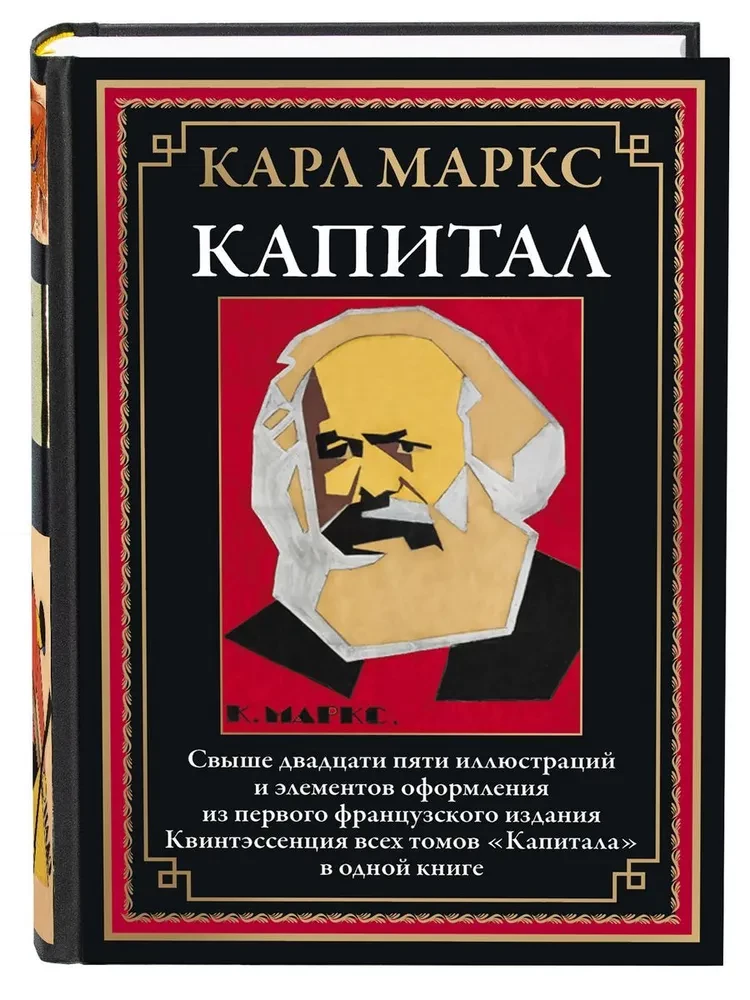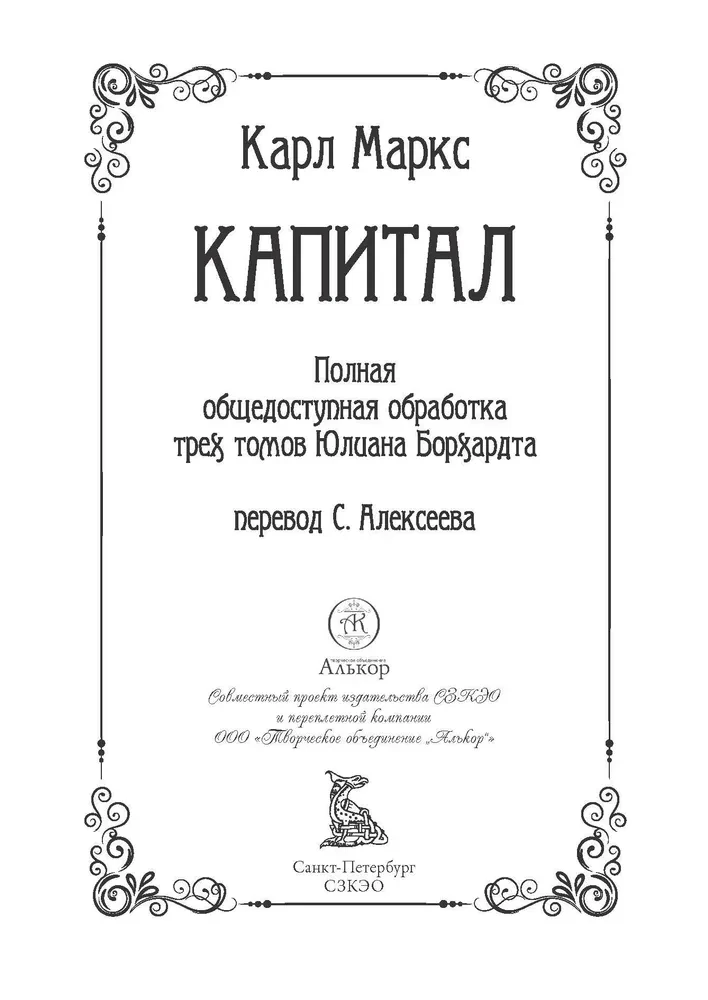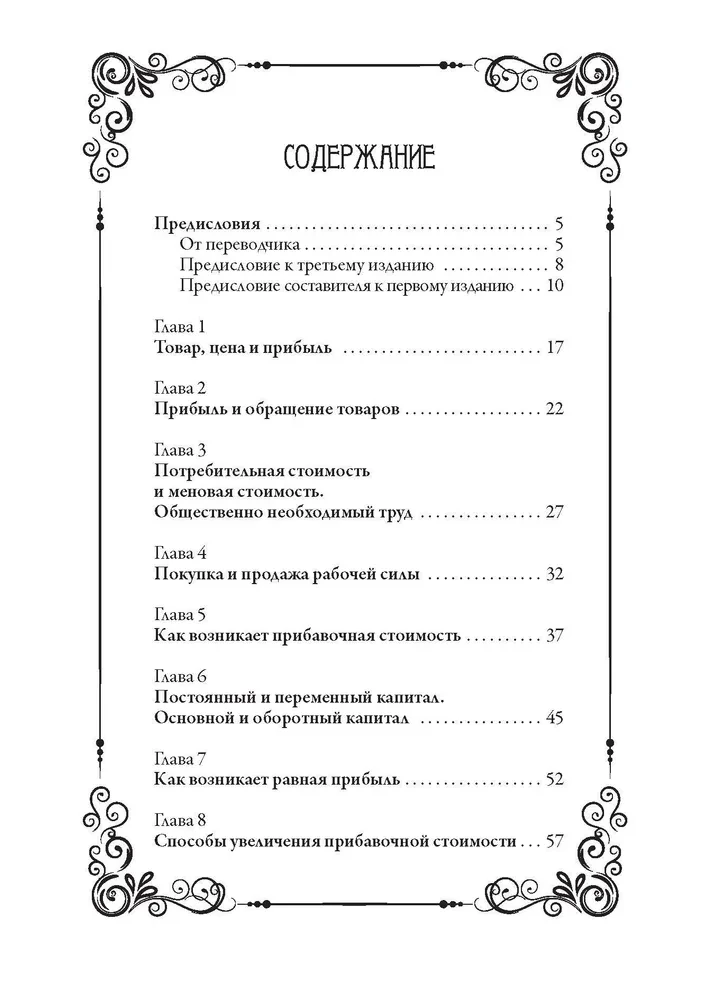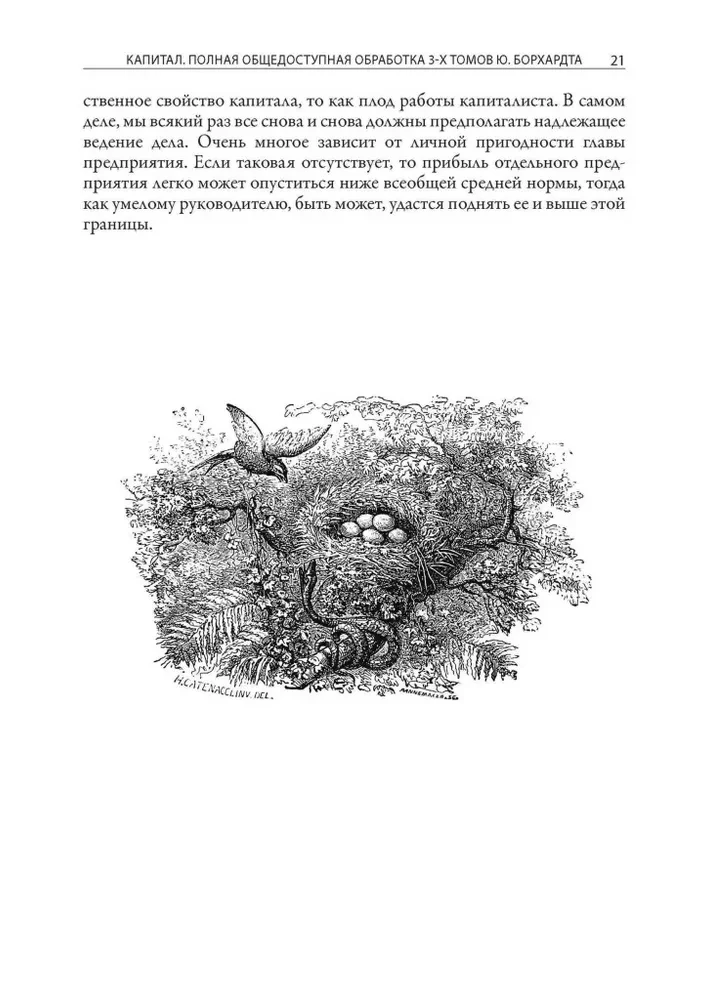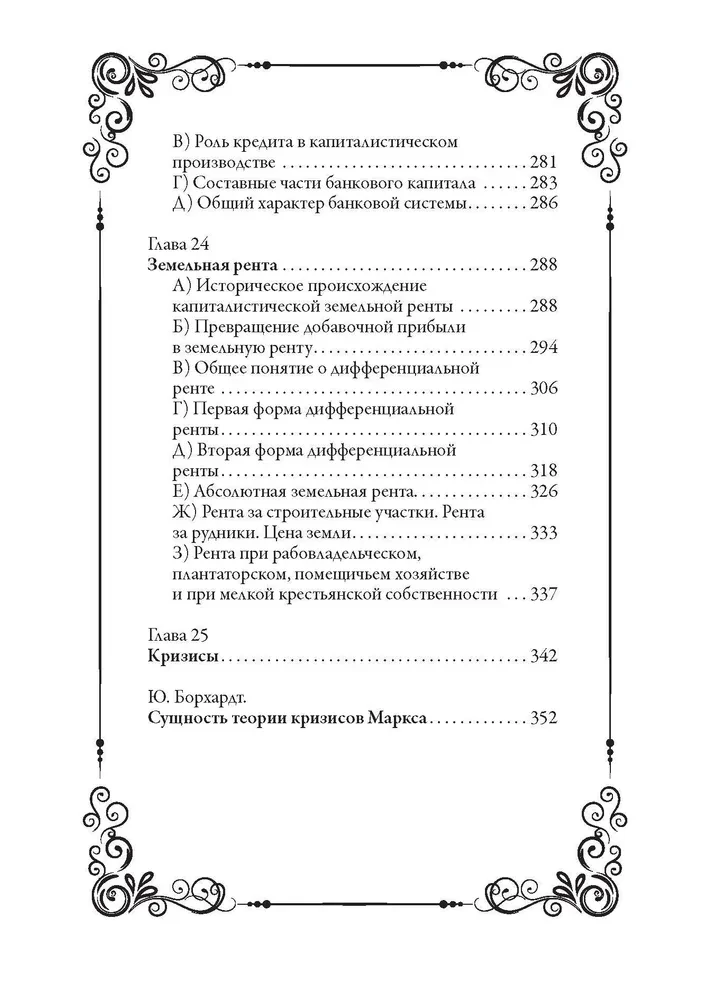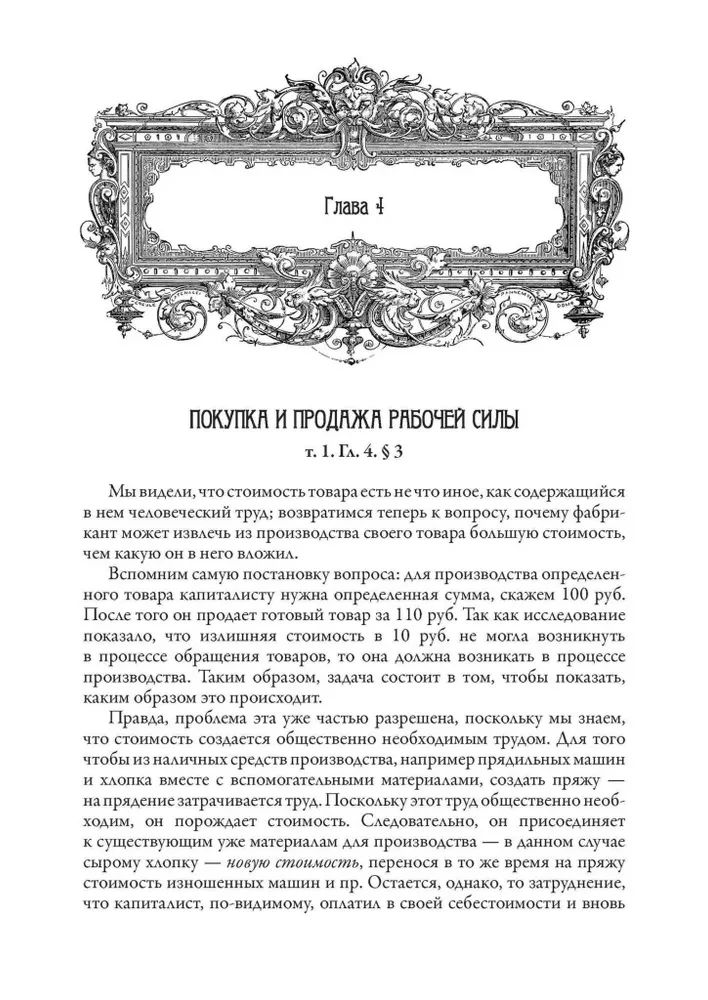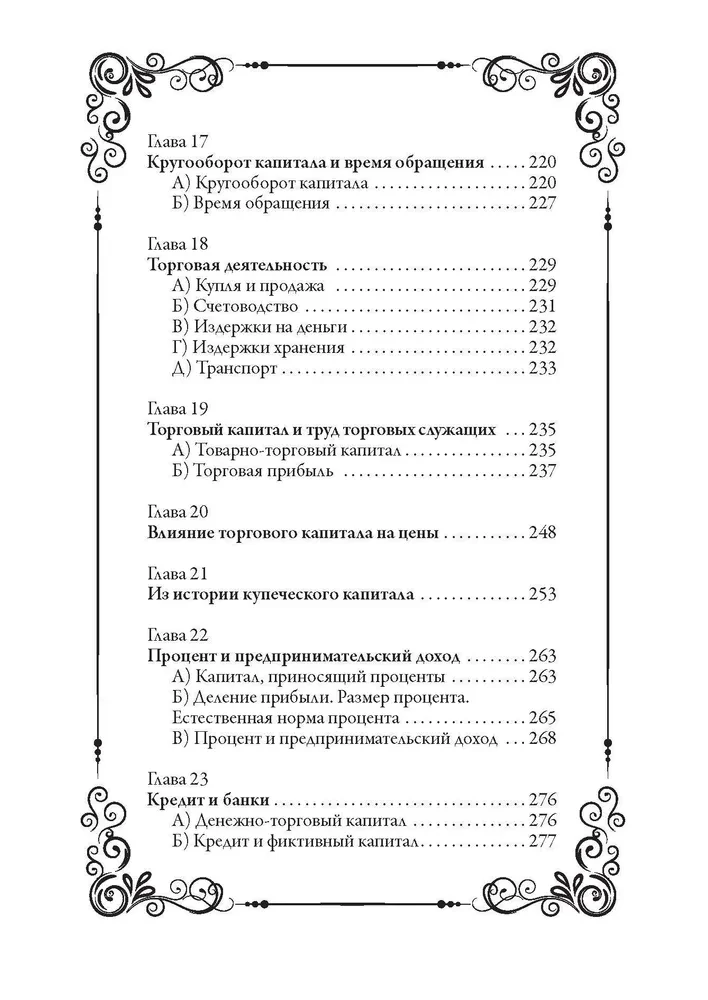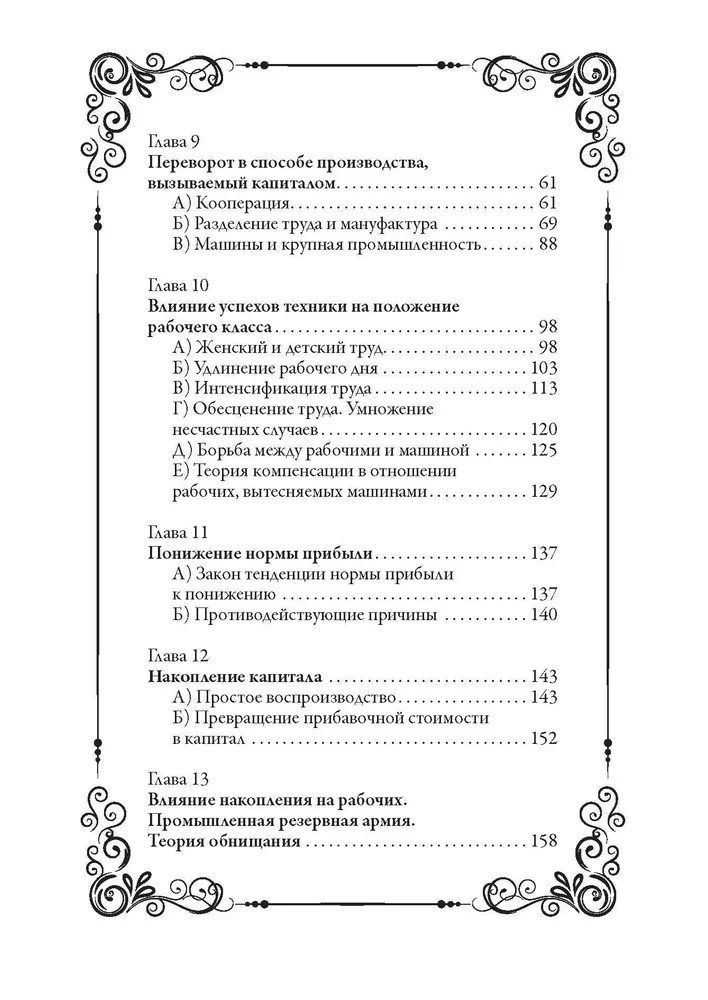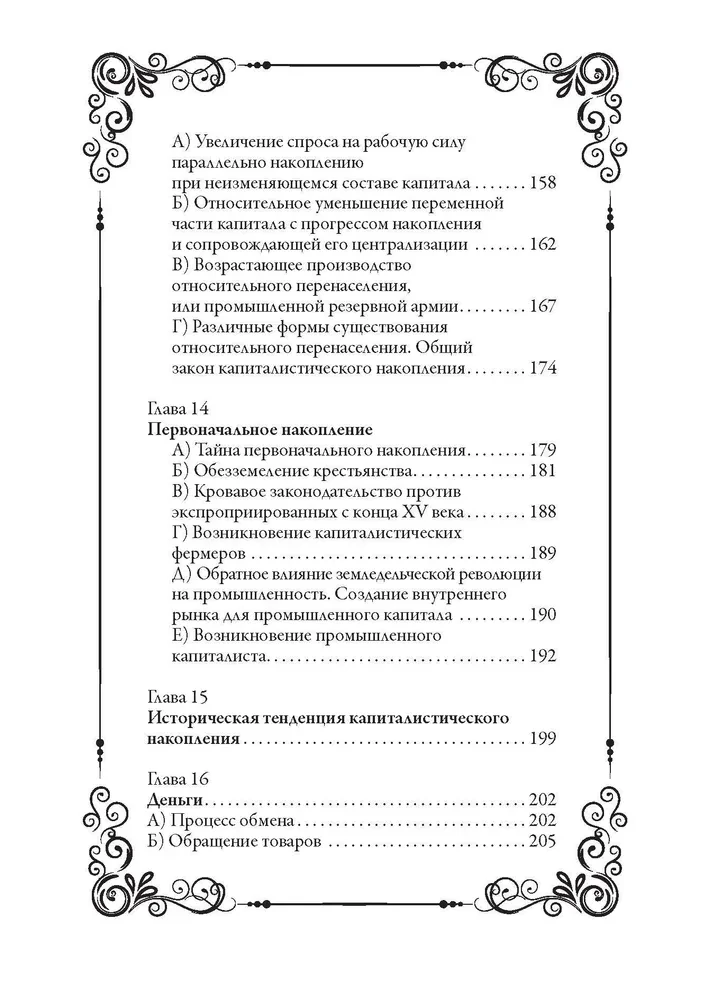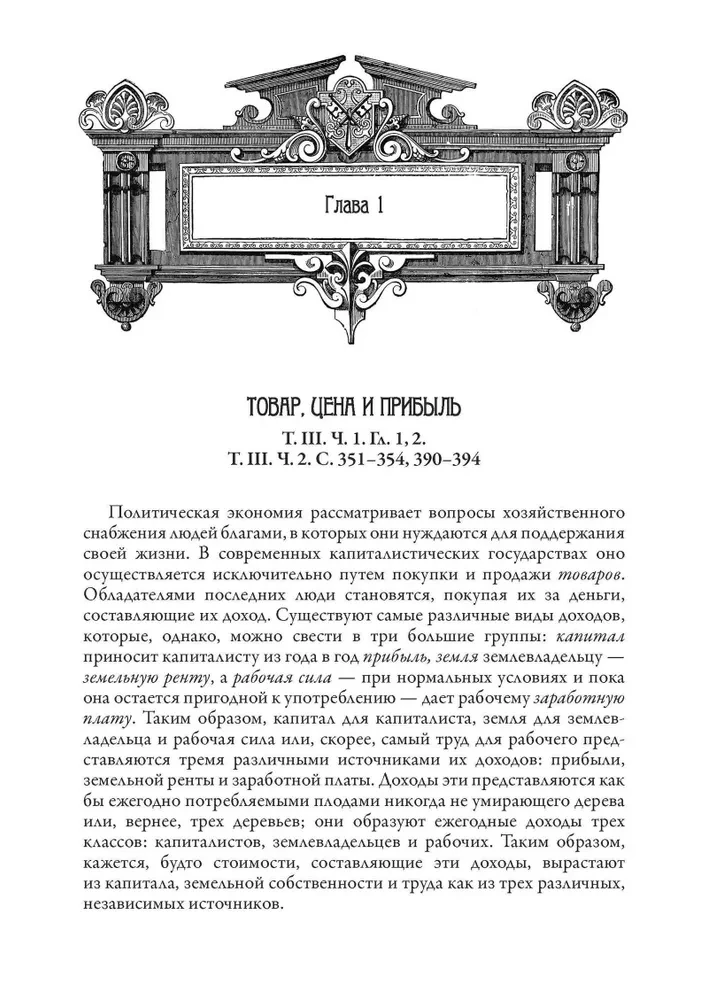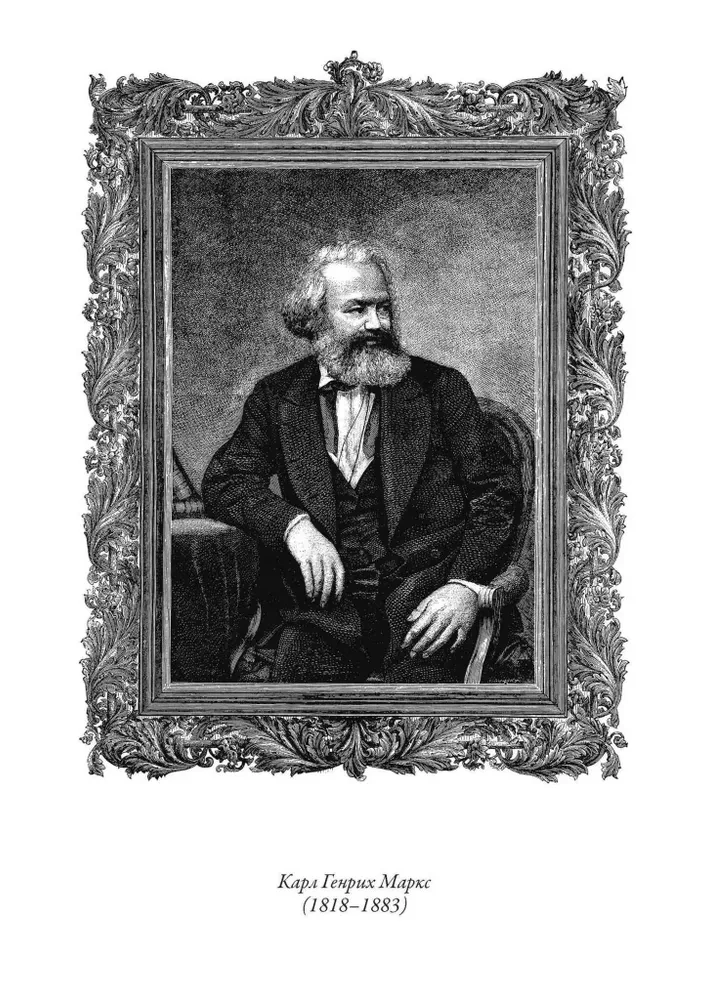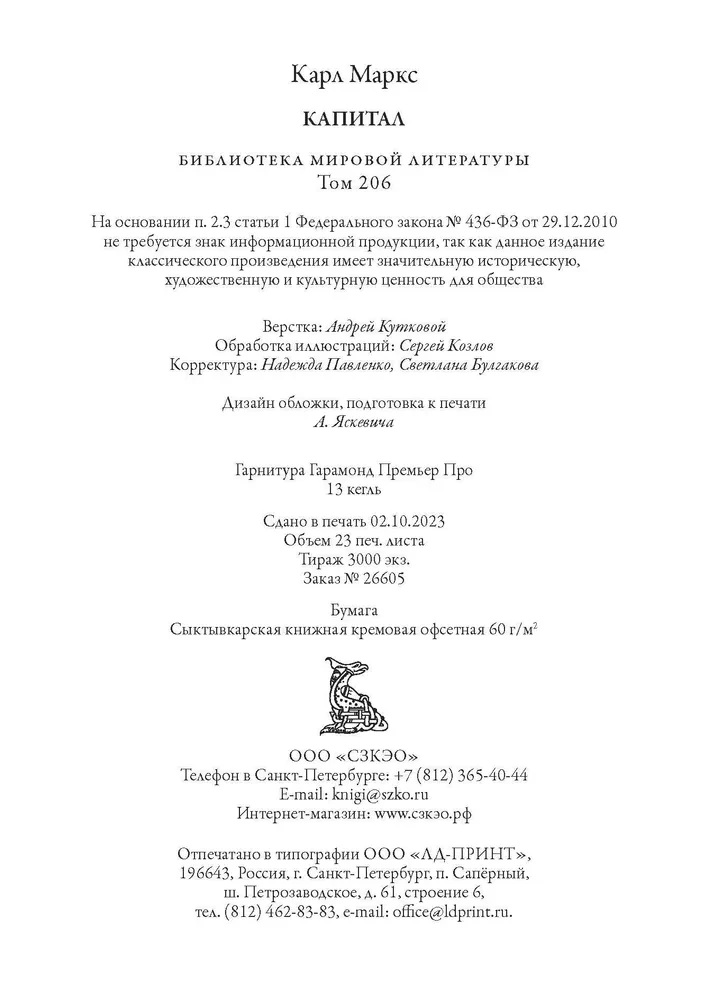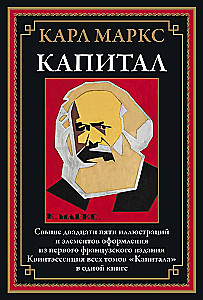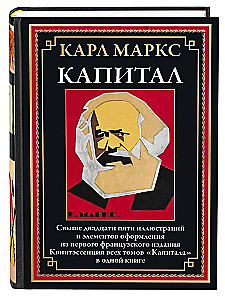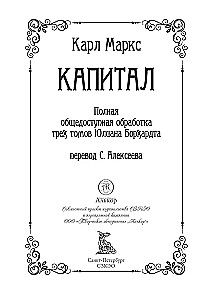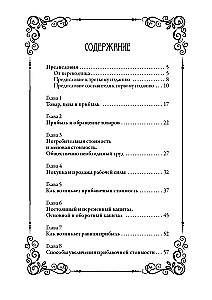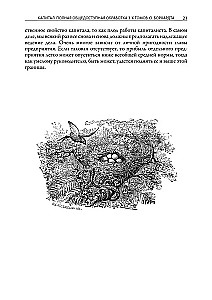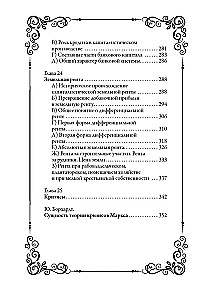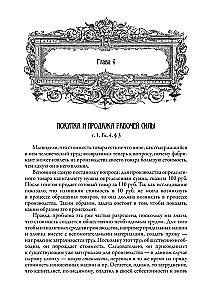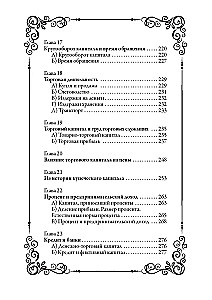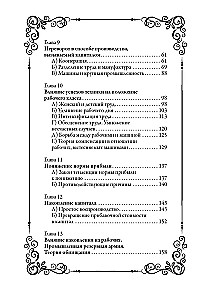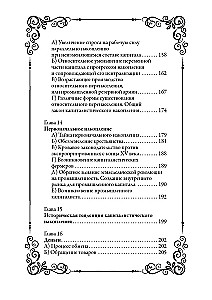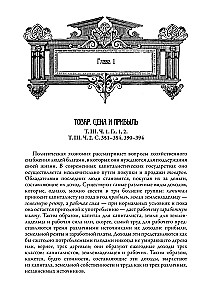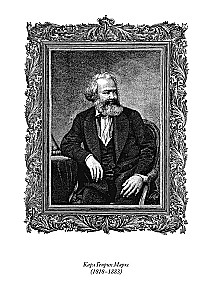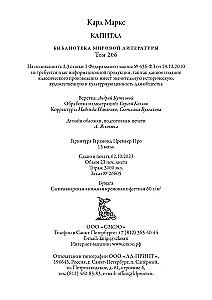Capital
The economic crises of the 20th and 21st centuries fuel interest in Karl Marx’s capital work “Capital”, which laid the foundation for the modern science of economics. In this edition, Marx's three-volume Capital is presented by the German politician, journalist... and popularizer Julian Borchardt. The text is translated by S. Alekseev. The book begins with an introduction by the translator and Borchardt's prefaces to the first and third editions; at the end of it, Borchardt’s article “The Essence of Marx’s Theory of Crises” was published. The book is decorated with illustrations from the first French edition of Capital. It is no coincidence that the world economic problems of the early twenty-first century gave rise in the West among various segments of the population a surge of interest in Marxism and in Karl Marx’s Capital, because this fundamental work provides an answer to such a burning question - why the economy of the capitalist world is shaken by crises with sad regularity. Marx saw their cause in overproduction, a clear demonstration of which can be seen in any modern supermarket. However, the content of Capital is broader. Marx gives in it a comprehensive analysis of the economic processes occurring in capitalist society. It is no coincidence that the first foreign edition of Capital was its translation into Russian, because at the end of the 19th century these processes in Russia developed at phenomenal speed. In terms of breadth and depth of material coverage, no modern economic study can yet compare with Capital. However, there is also a certain difficulty in this. It is not easy for an unprepared reader to master the three volumes of Capital. In addition, Marx himself openly admitted his style of presentation was “heavy.” Reading Capital in the original is just as difficult as, say, modern scientific articles on quantum mechanics or molecular biology. To understand such texts by non-specialists, a talented popularizer is needed. Such a person in Germany was the politician and journalist Julian Borchardt, who lived at the turn of the 19th and 20th centuries. In his youth, he became acquainted with the work of money not from books - after school he was engaged in trade for several years in Berlin. Later, Julian became a brilliant teacher of economics and one of the founders of the Union of Proletarian Revolutionary Writers. Borchardt was well aware of both the value of Marx's work and the need to adapt it to the wider population. His writing talent, teaching ability, and his own life experience allowed him to compress the three volumes of Capital into the volume of a separate book, without losing a single thought of Marx himself. Borchardt's book was first published in Germany in 1920 and over the next eleven years went through seven reprints, proving its significance and relevance. It has not lost its relevance even today. In the preface to his work, Borchardt emphasizes that Marx’s Capital does not present an absolutely complete and unchangeable teaching. At the same time, without studying the fundamentals given in Capital, it is impossible to fully master and evaluate modern economic theories. This book, decorated with illustrations from the first French edition of Capital, provides an excellent opportunity to become acquainted with these fundamentals
Author: Карл Маркс
Printhouse: SZKEO
Series: Библиотека мировой литературы
Age restrictions: 16+
Year of publication: 2023
ISBN: 9785960309424
Number of pages: 368
Size: 240х170х40 mm
Cover type: твердая
Weight: 653 g
Delivery methods
Choose the appropriate delivery method
Pick up yourself from the shop
0.00 £
Courier delivery
